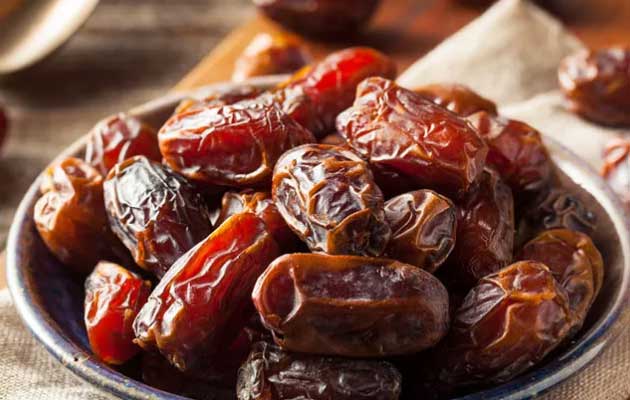In the world of fruits, dates hold a special place. Known for their rich flavor, chewy texture, and numerous health benefits, dates have been a staple food in many cultures for centuries. But have you ever wondered about what are the stages of date production? Join us as we unravel the fascinating stages of date production.
1. Cultivation and Harvesting:
The journey begins in date palm groves, where these majestic trees flourish in warm, arid climates. Date palms thrive in regions with plenty of sunlight and well-drained soil, such as the Middle East, North Africa, and parts of California. Cultivating date palms is an art passed down through generations, with farmers carefully tending to their trees year-round.
Harvesting dates is a labor-intensive process that requires precision and timing. Typically, dates are harvested when they reach their peak ripeness, which varies depending on the variety. Workers climb the tall palm trees or use specialized equipment to carefully cut the clusters of dates from the branches.
2. Sorting and Cleaning:
Once harvested, the dates undergo a series of steps to ensure quality and freshness. The first step is sorting, where the dates are separated based on factors such as size, color, and ripeness. This helps ensure uniformity in the final product.
After sorting, the dates are cleaned to remove any dirt, debris, or unwanted particles. This is typically done using a combination of manual and mechanical methods, such as washing and brushing. Cleanliness is crucial at this stage to maintain the quality and hygiene of the dates.

3. Processing and Packaging:
After sorting and cleaning, the dates are ready for processing. Depending on the desired end product, dates may undergo different processing methods. Some common processing techniques include drying, curing, or pitting.
Drying is perhaps the most common method and involves removing excess moisture from the dates to extend their shelf life. Dates can be sun-dried or dried using specialized equipment, depending on the desired outcome.
Once processed, the dates are carefully packaged to preserve their flavor and freshness. Packaging materials may vary depending on factors such as transportation, storage conditions, and consumer preferences. Whether it's vacuum-sealed bags, plastic containers, or decorative boxes, the goal is to protect the dates from damage and maintain their quality.
4. Distribution and Consumption:
With the dates processed and packaged, they are ready to make their way to consumers around the world. Distribution channels vary depending on factors such as location, market demand, and the scale of production. Dates may be sold fresh, dried, or in various processed forms such as date paste or syrup.
Consumers can enjoy dates in numerous ways, whether as a nutritious snack on their own, a sweet addition to baked goods, or a flavorful ingredient in savory dishes. Dates are not only delicious but also packed with essential nutrients like fiber, vitamins, and minerals, making them a popular choice for health-conscious individuals.
5. Sustainable Practices:
As the demand for dates continues to grow, it's essential to prioritize sustainable practices throughout the production process. Sustainable date farming involves conserving water, minimizing chemical inputs, and protecting biodiversity. By adopting eco-friendly practices, farmers can ensure the long-term viability of date palm groves and preserve this ancient tradition for future generations.
In conclusion, the journey from palm to plate is a fascinating one that highlights the skill, dedication, and ingenuity of date producers around the world. From cultivation and harvesting to processing and packaging, each stage plays a crucial role in delivering delicious and nutritious dates to consumers everywhere. So, the next time you bite into a plump, juicy date, take a moment to appreciate the journey it took to reach your plate.
The above is an introduction to date processing. If you want to know more information about date processing, you can contact us at any time. We are a dates processing line solution manufacturer and supplier that can provide services from solution design to installation.
